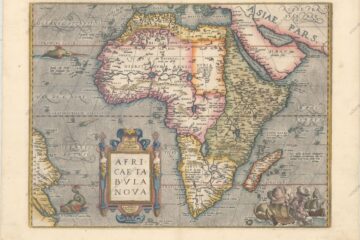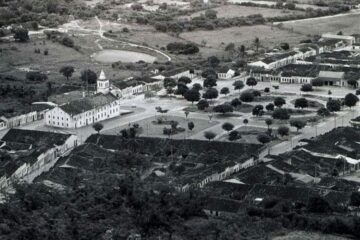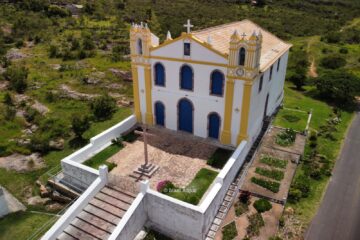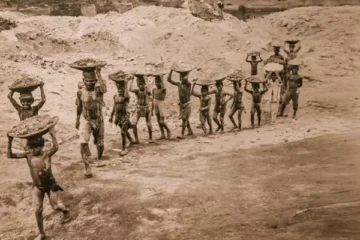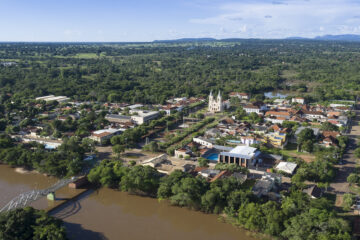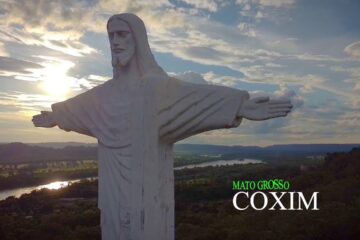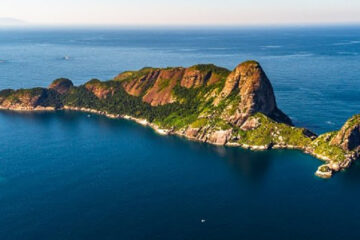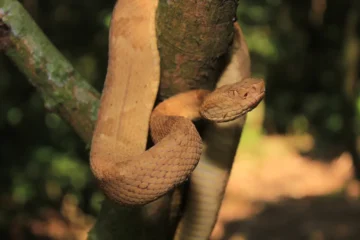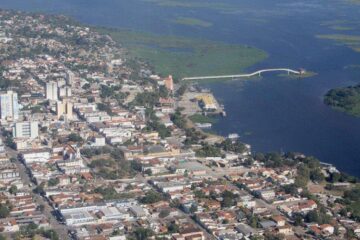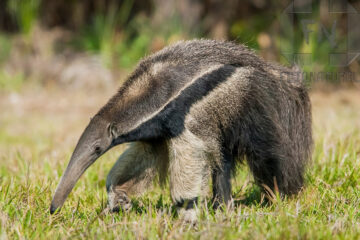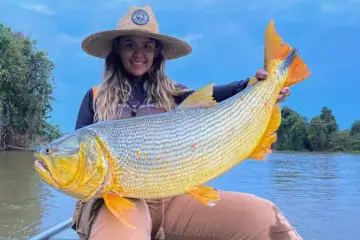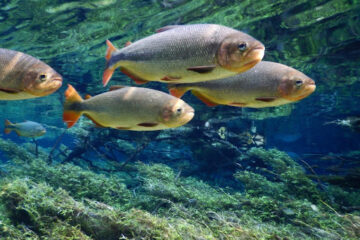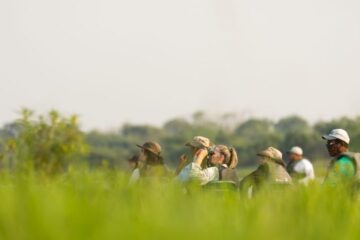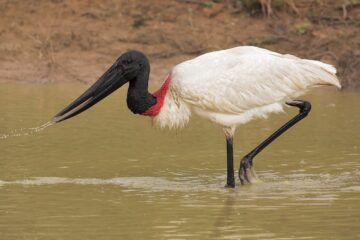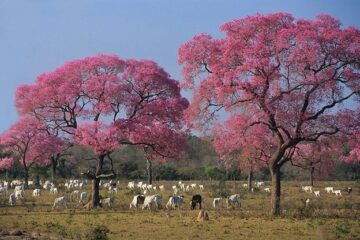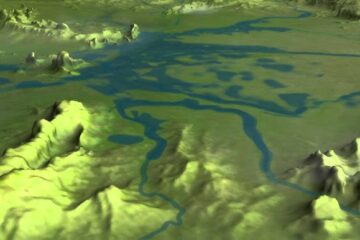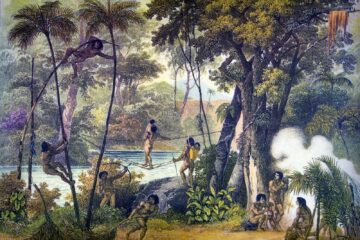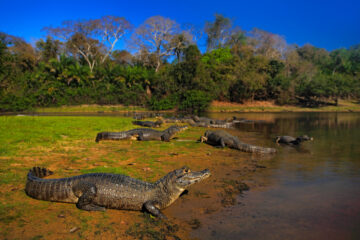Este post também está disponível em:
Português
English
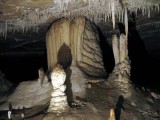
The Torrinha Cave is one of the most complete in Brazil, considering the richness and diversity of its speleothems.
When passing through Chapada, be sure to visit the Torrinha cave in the Chapada Diamantina.
Located in the Iraquara region, the second largest concentration of caves in the country, the Torrinha Cave has an immense variety of very rare formations, such as speleothems and aragaonite flowers.
Highlight for the formation of the small electite with an aragonite flower at the tip in the cave, unique in the world. Then, to relax, a good bath in the Devil’s Well with homemade lunch on the banks of the Mucugezinho River…Not to be missed!
Map of the Trails and Tourist Spots of Chapada Diamantina
Videos about the Torrinha Cave and Iraquara Caves
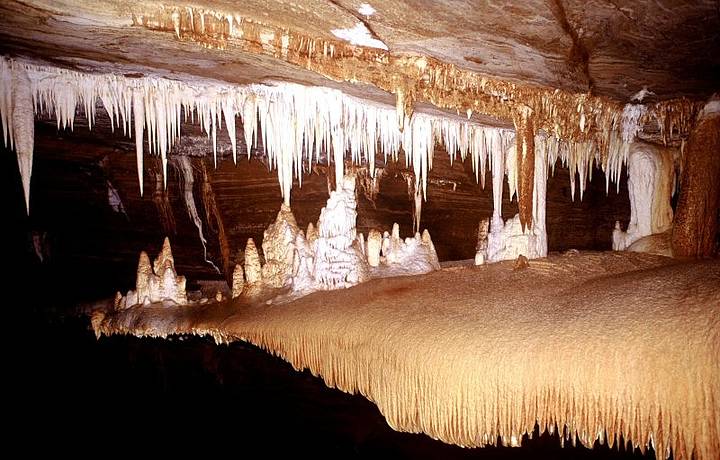

Caverna da Torrinha na Chapada Diamantina
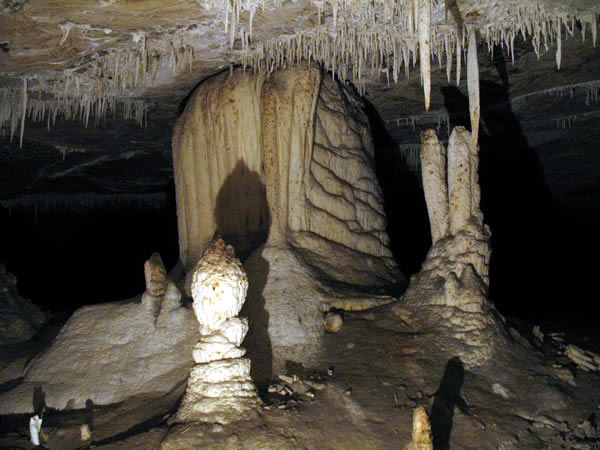
Caverna da Torrinha
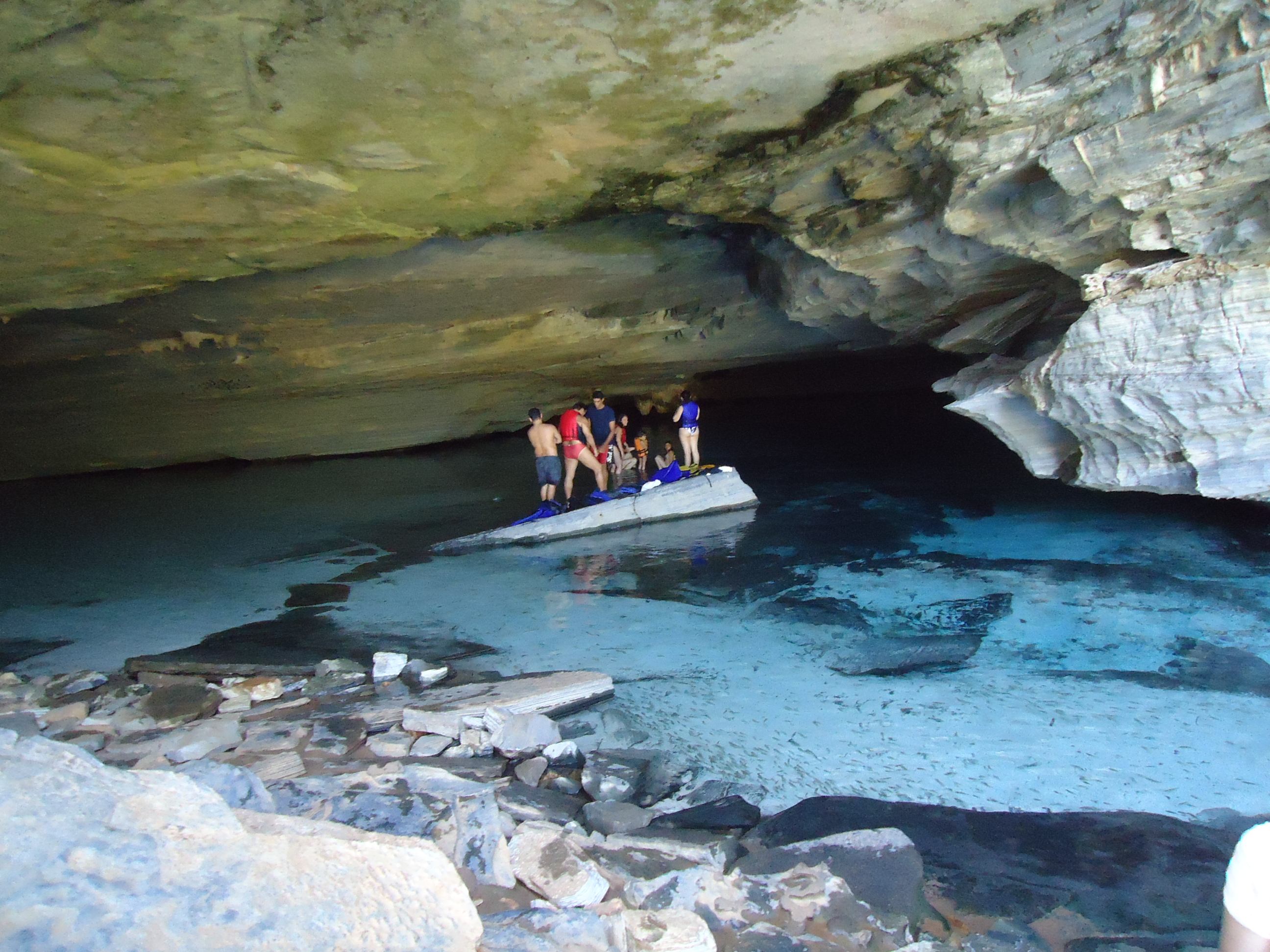
Iraquara na Chapada Diamantina

Grutas de Iraquara26:01
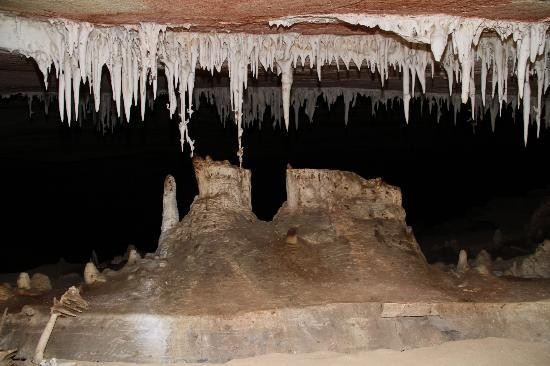
Caverna da Torrinha
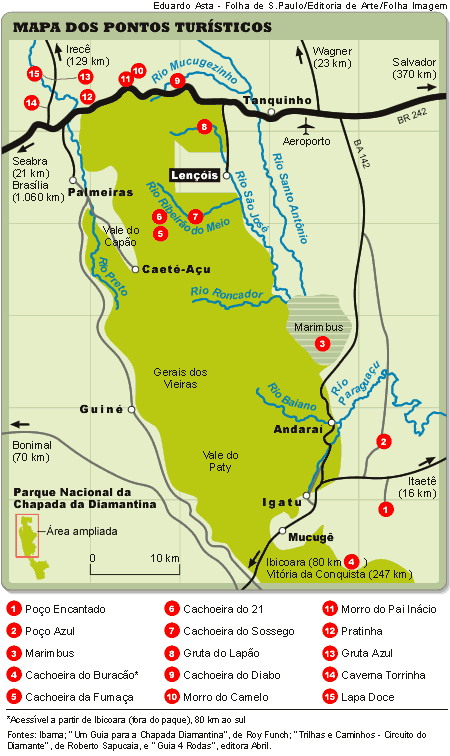
Torrinha Cave is one of the most complete in Brazil
The Cave is not the largest cave in Brazil, but it is one of the most complete, considering the richness and diversity of its speleothems.
In the last survey of the Brazilian Speleological Society, in 1994, Torrinha appears as the 13th largest in the country, with 8,210 meters. However, currently there are already 13,300 meters mapped, which would place it in seventh place.
Discovered in 1850, the Torrinha cave is on a private property in Iraquara.
The current owner and janitor of Torrinha Cave, Eduardo Figueiredo da Silva, 45, says that, at the time, his great-grandfather covered only 600 meters, a stretch that corresponds to the first of the three routes.
Before entering the Torrinha Cave, visitors receive a helmet and guidelines on behavior inside the cave. Do not speak loudly, do not run and do not touch the formations are the main requests.
In addition to trails through native forest, refreshing waterfalls and hills, Chapada Diamantina is also famous for its many caves. Among so many caves, the best known are the Lapa Doce, Gruta da Pratinha, Gruta Azul and Torrinha caves.
The Torrinha Cave is considered the richest in Brazil with a great diversity of formations formed after hundreds of years of transformations in the rock.
The Cave in Chapada da Diamantina was discovered around 1850 and is formed by ornaments that resemble gypsum needles about 60 centimeters long and with aragonite flowers with the appearance of glass.
How to get there
Take the BR towards Seabra. Entrance on the right before the Carne Assada gas station
Location
Bahia.ws is the largest tourism and travel guide for Bahia and Salvador.
Chapada Diamantina Tourism and Travel Guide
